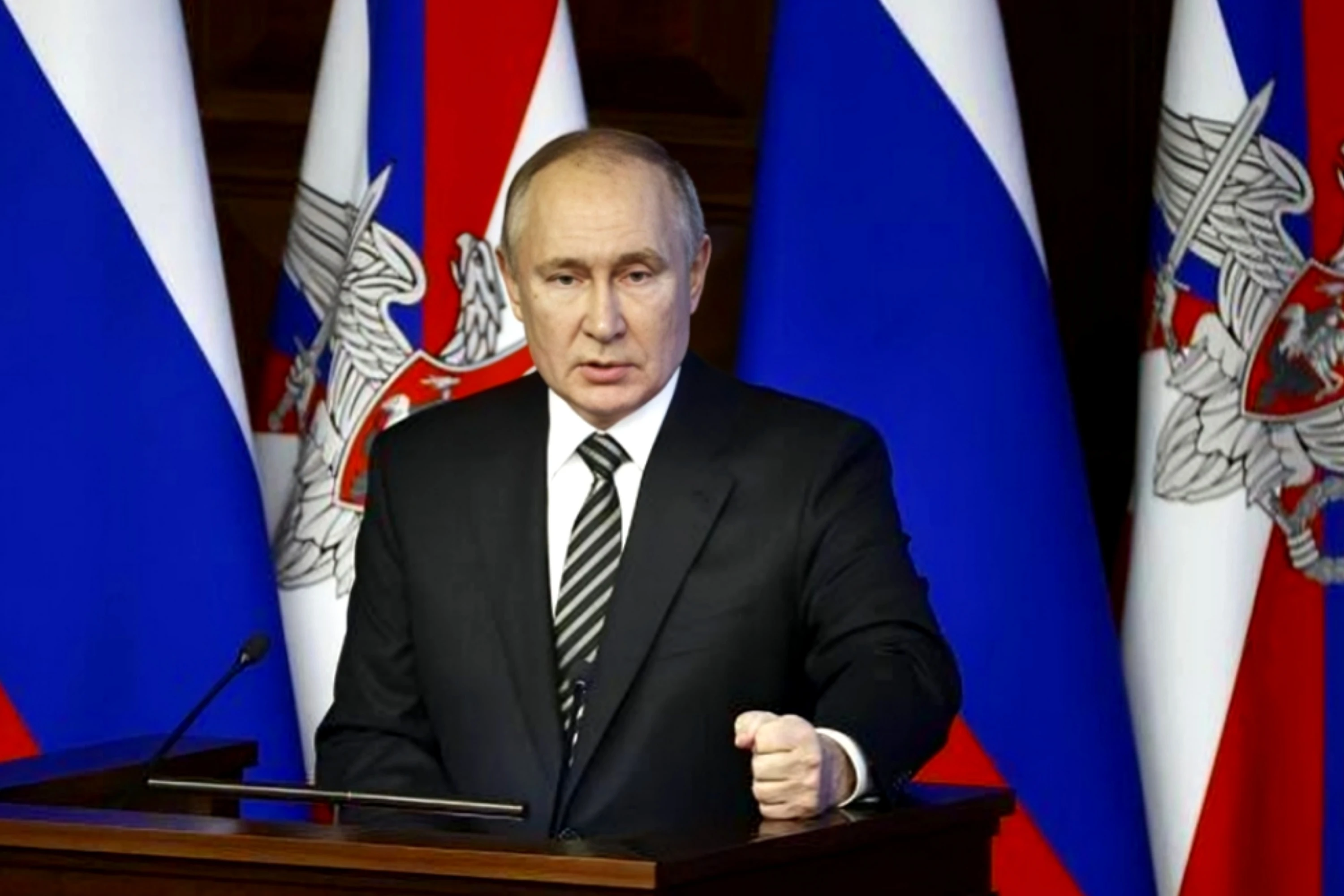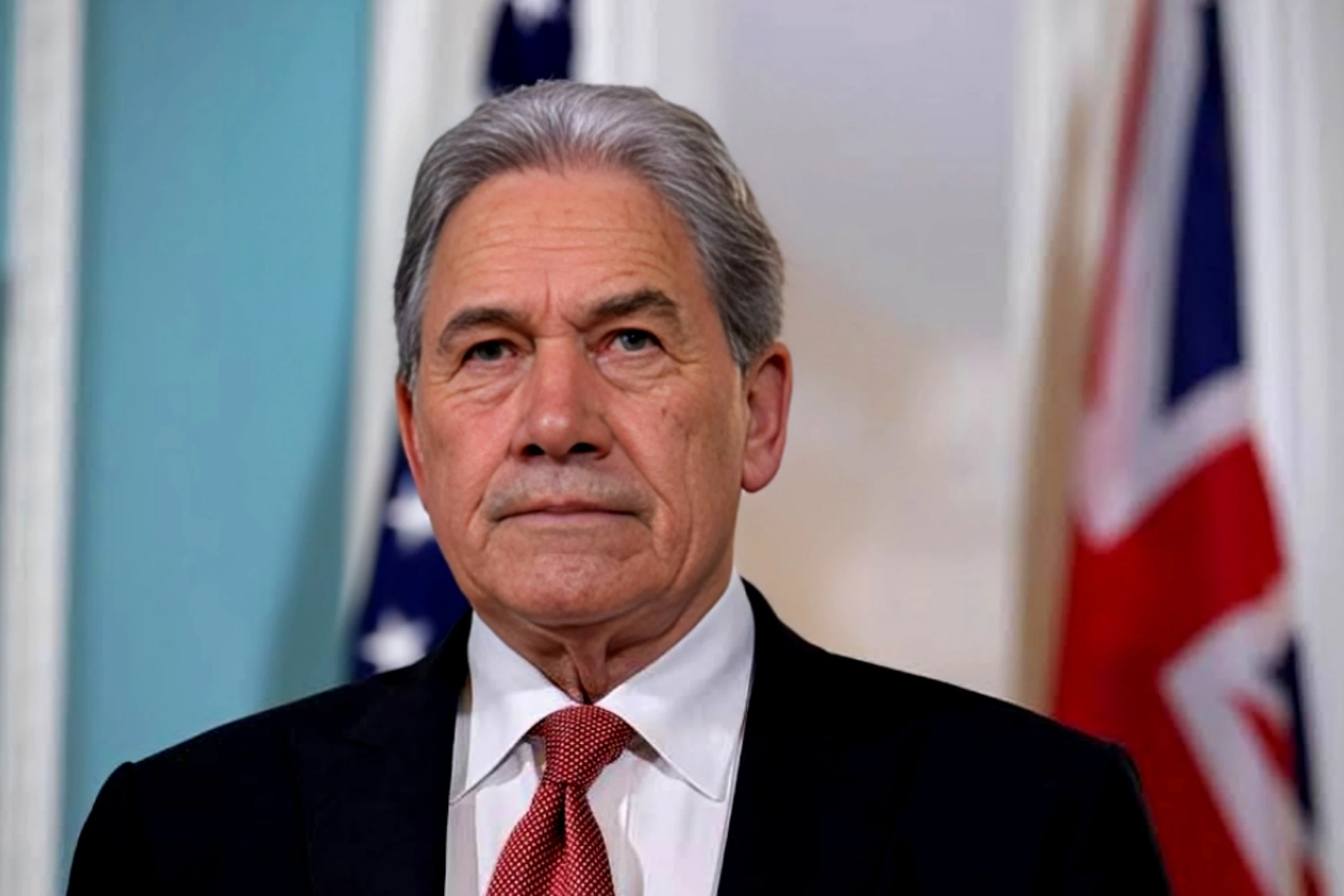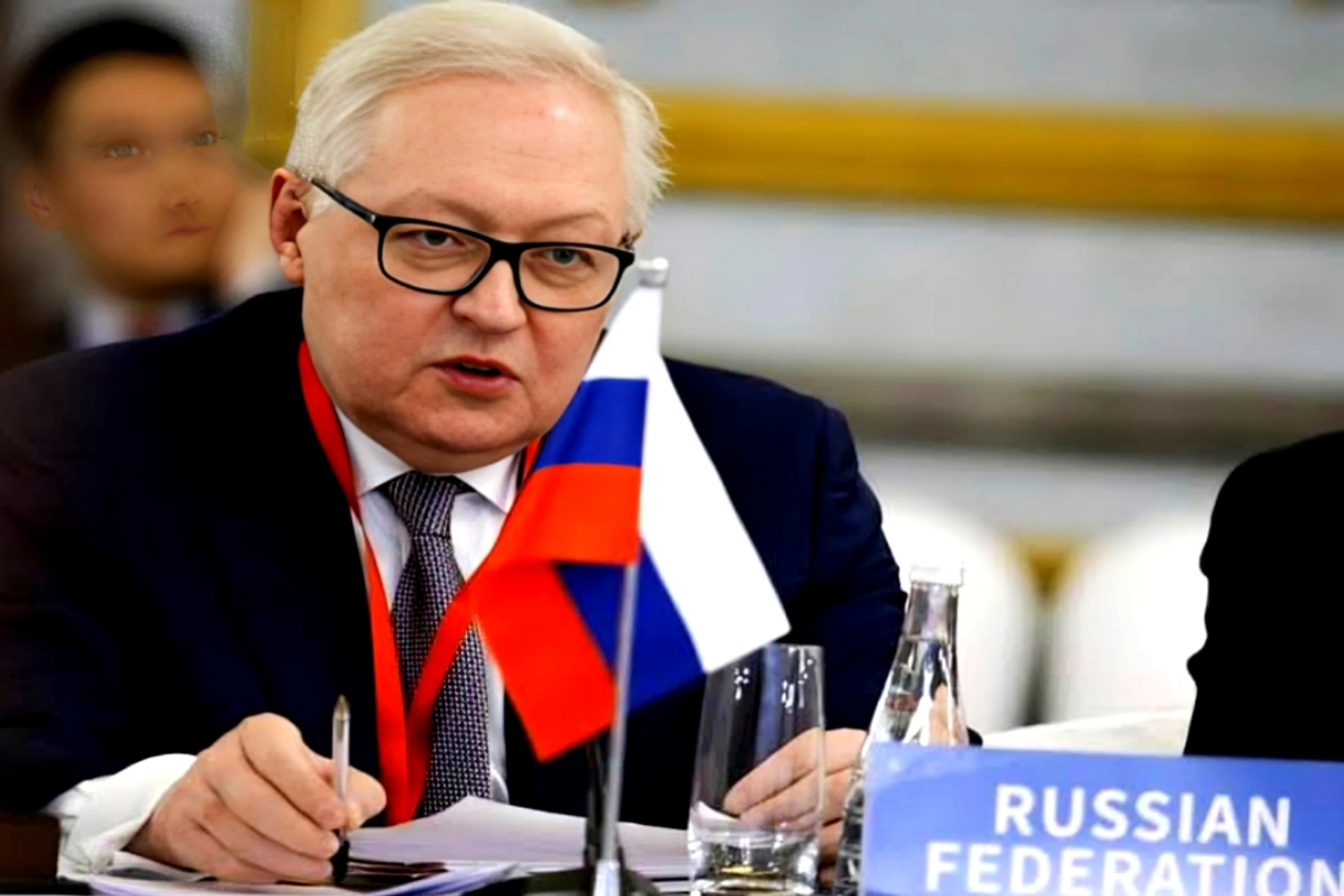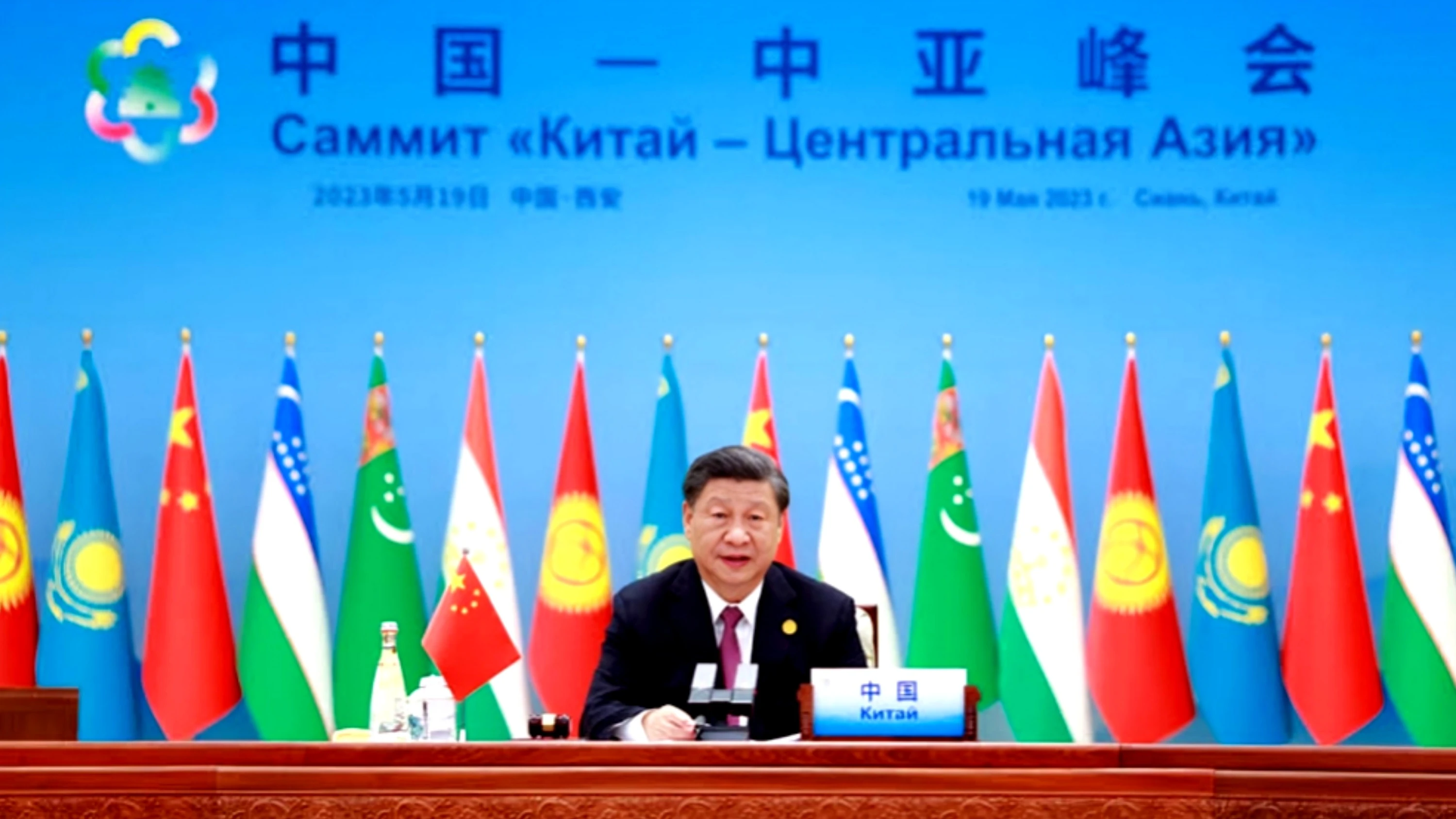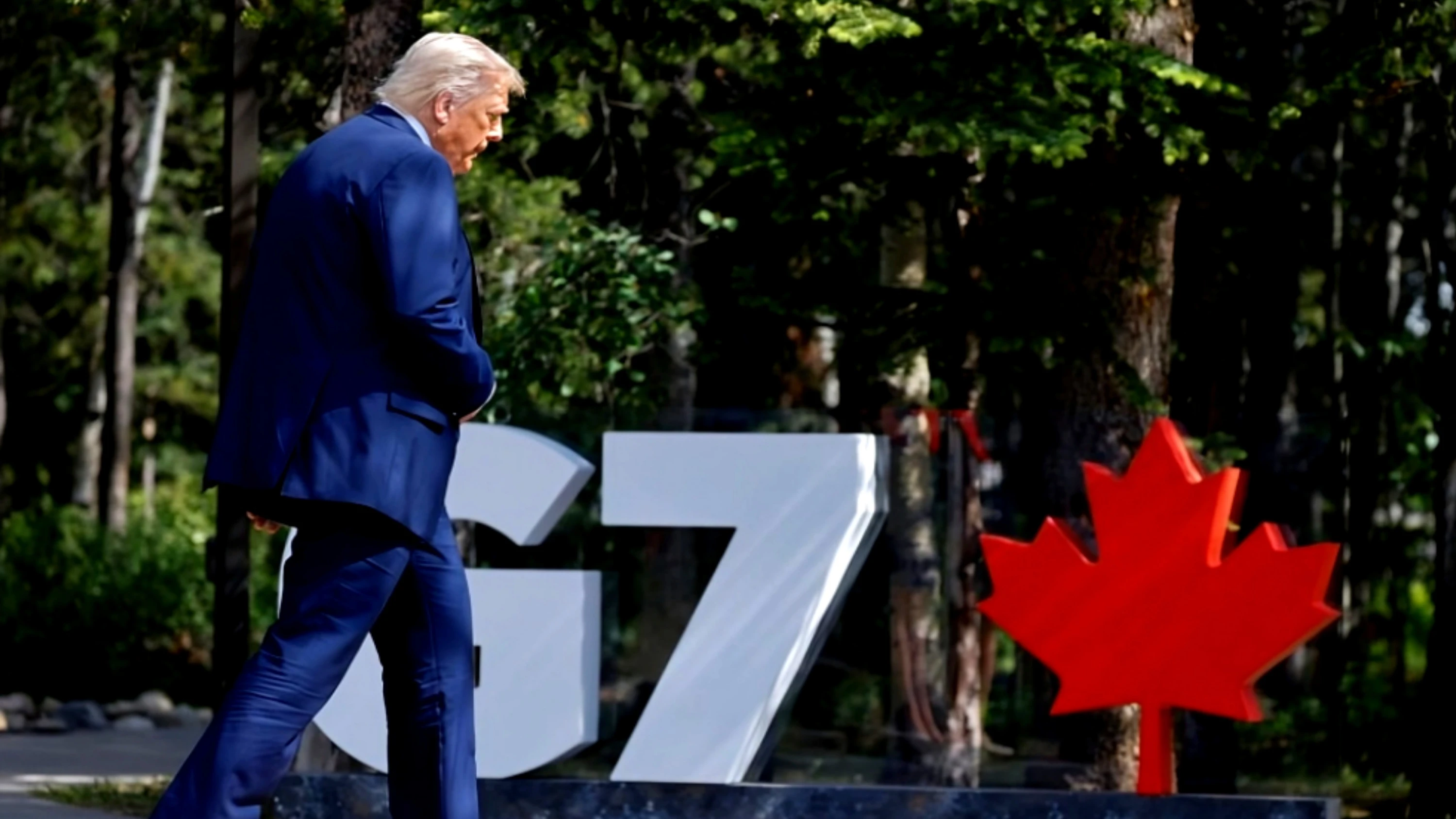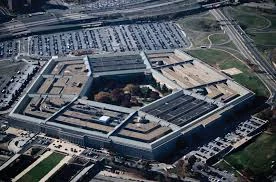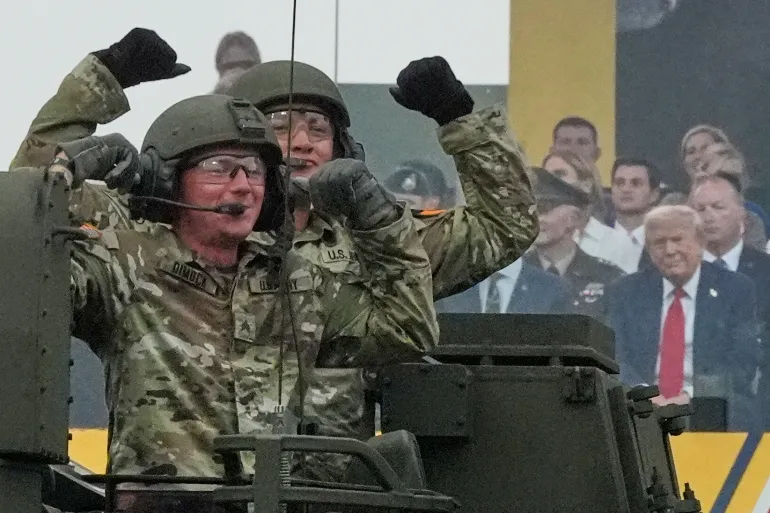St. Petersburg: Russian President Vladimir Putin delivered a series of pointed remarks during a meeting with senior editors from leading news agencies in St. Petersburg, addressing volatile geopolitical issues including the Iran-Israel conflict, NATO activities, Russia-West relations, and the war in Ukraine.
On a question about Israel's threat to assassinat Iran's Supreme Leader Ayatollah Ali Khamenei, Putin refused to speculate on a hypothetical scenario involving the assassination of Iran’s Supreme Leader Ayatollah Ali Khamenei by Israel and the U.S., calling such discussions inappropriate.
“I don’t even want to discuss this,” he said, brushing off the question.
Regarding regime change efforts in Iran, Putin noted that external pressures typically lead to internal unity rather than destabilization. He cited a pattern of national consolidation around Iranian leadership despite complex domestic dynamics.
He emphasized the need for diplomatic solutions, suggesting that both Iran’s peaceful nuclear aspirations and Israel’s security concerns could be balanced with mutual compromise. “A solution can be found, but this requires caution and dialogue,” he said.
Asked about Russian military support to Iran, Putin underlined the continuity of Russia’s relationship with Iran, noting that cooperation, particularly at the Bushehr nuclear facility, remains strong. He said around 250 Russian specialists are stationed there, with the number potentially rising to 600.
On military assistance, Putin clarified that although Russia had once offered to help build a comprehensive air defense system for Iran, Tehran showed little interest at the time. Military cooperation since then, he added, has remained within legal international frameworks.
Addressing the NATO alliance’s increased defense budgets and modernization efforts, Putin dismissed any notion that NATO posed an existential threat to Russia.
“We are fully capable of ensuring our own security,” he said, accusing the West of using Russia as a pretext to justify defense spending and political maneuvering. “There are no threats coming from Russia — that’s pure nonsense.”
He criticized NATO’s increasing militarization as both irrational and dangerous, but said Russia would respond to any threats decisively.
Commenting on Russia's relations with West, Putin traced the roots of Russia’s deteriorating relations with Western nations to the 2014 Ukraine crisis, accusing European powers of hypocrisy and broken promises during the Maidan revolution.
He argued that Western powers reneged on a deal signed by France, Germany, and Poland to resolve the Ukrainian crisis peacefully. “That’s when the real crisis began,” he said. “Not because Russia acted from a position of strength, but because the West acted duplicitously.”
Reiterating his desire for peace, Putin reaffirmed his openness to peace talks and even a meeting with Ukrainian President Volodymyr Zelenskiy, provided that any agreements reached are legally binding and backed by recognized authorities.
“It’s not about who negotiates — it’s about who signs the agreement. Otherwise, the next leader can just throw it away,” he cautioned, stressing the need for formal commitments.
On a question about Putin's relation with Trump, Putin welcomed the possibility of a future meeting with U.S. President Donald Trump, describing such a dialogue as “extremely useful.” He expressed hope for renewed economic and security cooperation if Trump returns to office, noting positive signals from American businesses interested in reengaging with Russia.
On Germany's role, Putin said he is open to dialogue with German leaders but questioned Berlin’s credibility as a neutral mediator due to its military support for Ukraine. He criticized Germany’s decision to supply Leopard tanks and its discussions about delivering Taurus missiles, warning that these actions could irreparably damage relations.
“If Germany wants to talk, we are open. But when we see German weapons and officers involved in the conflict, neutrality is out of the question,” he said.
When asked whether he had made mistakes during his time in power, Putin quoted a biblical phrase: “Let him who is without sin cast the first stone,” offering no further elaboration.


